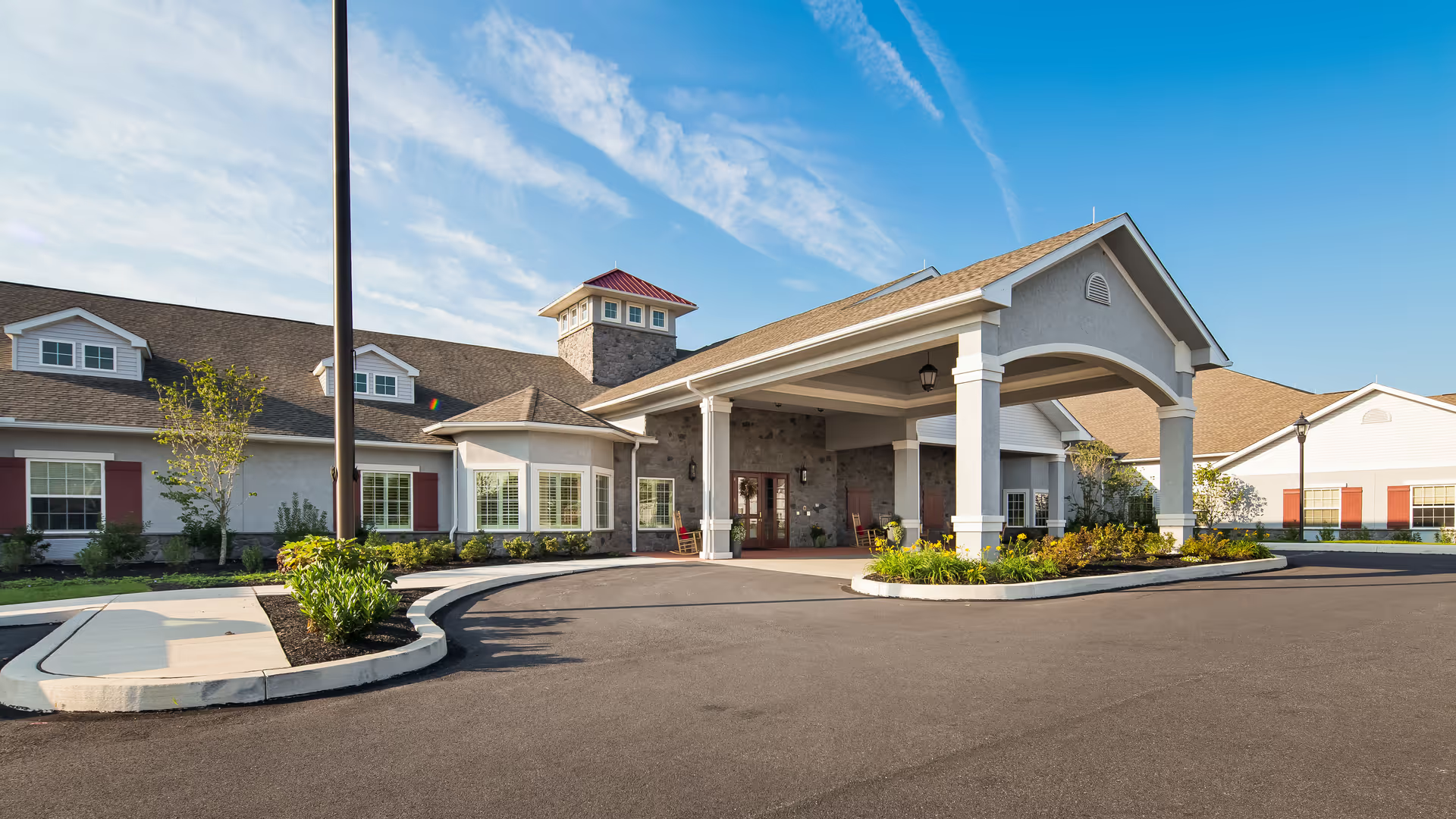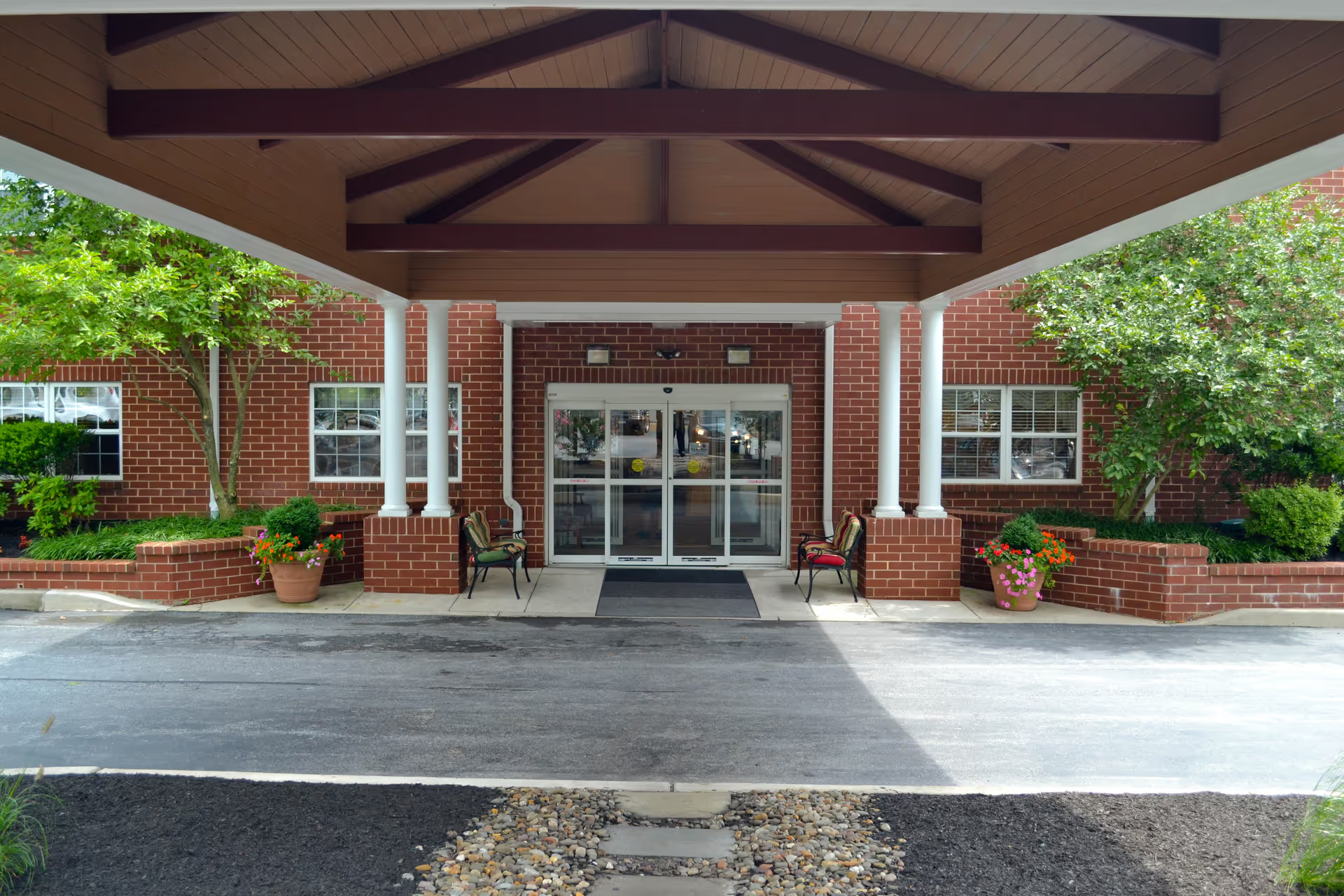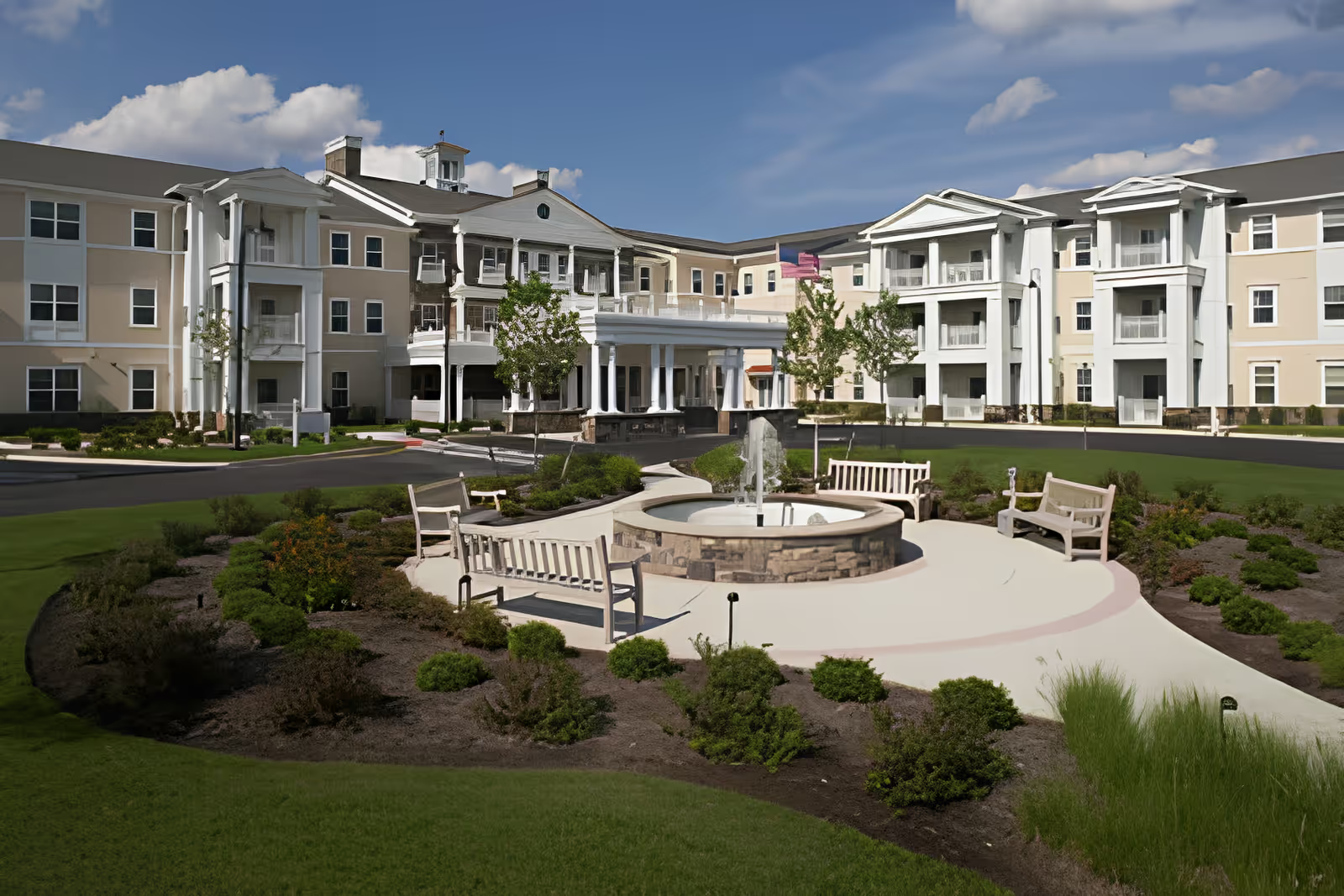Overall sentiment for Gettysburg Center is highly mixed and polarized: many reviewers praise dedicated, compassionate staff, strong COVID precautions, clear communication, and a generally safe, clean environment in parts of the facility, while a substantial portion of reviews report serious safety, cleanliness, staffing, and management failures — including multiple, severe allegations of neglect. The most consistent positive themes are centered on individual caregivers and specific departments: nurses, aides, therapists, social workers, and admissions staff are frequently called out as caring, professional, and effective. Families report that when those team members are involved, residents receive individualized attention, timely communication (weekly check-ins, FaceTime, bi-weekly video conferences), and meaningful engagement. Several reviewers specifically mentioned feeling confident in the staff’s clinical competence, appreciating COVID-19 vaccination efforts, temperature screening, and technology-supported sign-in processes that reduced exposure risk. Administrative readiness during admissions, smooth paperwork, and helpful front desk interactions are repeated positives, as are pleasant common areas, wheelchair-accessible courtyard pathways, and an overall home-like atmosphere in many units.
However, these positives stand alongside numerous and often starkly negative reports. A recurrent complaint is understaffing: aides described as overworked, use of temporary staff, and lack of weekend management lead to long call-bell delays and residents left waiting for hours. Multiple reviewers report severe neglect (residents left in soiled briefs for long periods, sitting in feces, not bathed for months, unattended wounds, stage 4 pressure ulcers, and untreated infections). There are also allegations of theft of belongings and possible financial abuse, plus at least one claim referencing contentious competency determinations. Cleanliness and maintenance are inconsistent across the facility: while some areas and visits are described as very clean and pleasant-smelling, other reports speak of dirty rooms, paper under beds, stained items, roaches, overflowing garbage, and foul odors. These inconsistencies suggest room- or unit-level variability rather than uniform facility quality.
Care quality and therapy are similarly uneven. Several families praise therapy staff as motivating and effective, and many observed clear improvement during rehabilitation stays. Conversely, other reviewers report rehabilitation that never materialized, failure to assist residents out of bed, ignored pain or medical requests, and poor discharge follow-up. Food quality is generally described as acceptable — varied menu and most dishes flavorful — but with repeated notes that meats are sometimes overcooked or stringy and that food availability can be limited at times. Activities and engagement receive mostly positive mentions, including staff making residents’ days special and leveraging video calls to keep families connected during pandemic restrictions.
Management and organizational issues form a central theme in the negative feedback. Some reviewers commend administrator advocacy and involved leadership, saying concerns were handled promptly; others describe administrative disorganization, unresponsive leadership, named unit managers and nurse educators criticized, and a lack of weekend managerial presence. Staffing problems tie into payroll and human resources complaints: disputes over pay and reports of unprofessional behavior among staff are present. The contrast between reviewers who say the facility "goes above and beyond" and those who call it a "nightmare" points to high variability between shifts, units, or time periods.
Patterns and recommendations: reviewers most often recommend Gettysburg Center when they emphasize specific positive staff members, clean visits, and strong COVID-era communication. Conversely, those who experienced neglect, severe cleanliness issues, or administrative failures strongly advise avoiding the facility. Given the polarized feedback, families should consider in-person visits, ask for unit-specific staffing ratios, inquire about turnover and weekend management coverage, request to meet therapy staff who would be assigned, and seek references from current family members in the exact unit under consideration. If there are concerns about medication management, pain control, wound care, or documentation, insist on written care plans and confirm how the facility addresses short-staffing and emergency response times.
In summary, Gettysburg Center elicits sharply divergent impressions: it can provide compassionate, competent care and effective COVID-era protections with strong communication and supportive admission processes, but there are credible and serious reports of neglect, poor hygiene in parts of the facility, administrative breakdowns, and staffing shortfalls. The facility’s quality appears highly dependent on specific units, individual staff members, and timing; prospective residents and families should perform detailed, unit-specific due diligence and monitor care closely after placement.







